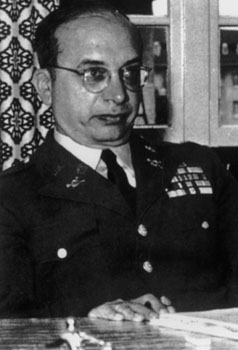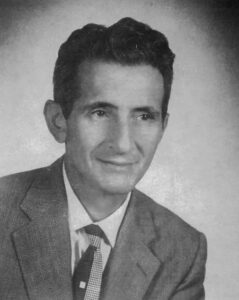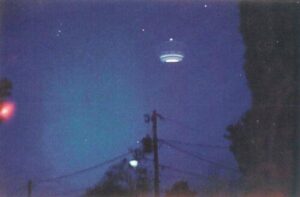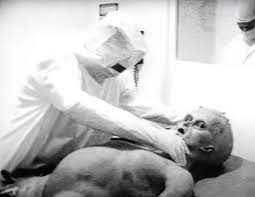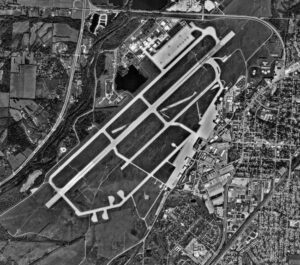Lieutenant Colonel Philip J. Corso (Ret.) is a name that has been etched into the annals of UFO history. His controversial claims about his involvement in the recovery and research of extraterrestrial technology have made him a figure of intrigue and debate within the UFO community. In this article, we will delve into the life and career of Philip J. Corso, exploring his assertions, accomplishments, and the lasting impact of his work.
Early Life and Military Career
Born in 1915 in Pennsylvania, Philip J. Corso joined the U.S. Army in 1942 and served in various capacities throughout his military career. He was involved in intelligence operations during World War II, the Korean War, and the Cold War. Corso’s distinguished service earned him several honors, including the Army Commendation Medal and the Legion of Merit.
By the time he retired from the military in 1963, Corso had served in several key roles, including Chief of the Pentagon’s Foreign Technology Division and as a staff member of the U.S. Senate’s Subcommittee on Military Operations.
The Roswell Connection
Corso’s notoriety within the UFO community stems from his claims about his involvement in the investigation and research of the alleged 1947 Roswell UFO crash. According to Corso, he was given access to highly classified information and materials recovered from the crash site, which he later revealed in his book “The Day After Roswell,” co-authored with William J. Birnes.
In the book, Corso asserts that he was responsible for overseeing the reverse-engineering of extraterrestrial technology found at the crash site. He claims that this technology was gradually disseminated to various American corporations, leading to several groundbreaking innovations, such as integrated circuit chips, fiber optics, and night-vision goggles.
“The Day After Roswell” and Controversy
Published in 1997, “The Day After Roswell” became an instant bestseller and ignited fierce debates within the UFO community and beyond. While some lauded Corso for his bravery in coming forward with such explosive information, others questioned the veracity of his claims and criticized the lack of corroborating evidence.
Skeptics pointed to inconsistencies in Corso’s account and raised concerns about his motivations for coming forward. Critics also noted that several of the technological advancements attributed to alien technology had demonstrable human origins, casting doubt on the central premise of Corso’s narrative.
Despite the controversy surrounding “The Day After Roswell,” Corso remained steadfast in his claims until his death in 1998.
Legacy and Impact
Philip J. Corso’s contributions to the field of UFOlogy are both significant and divisive. While his assertions have been met with skepticism and criticism, they have also sparked renewed interest in the Roswell incident and the broader UFO phenomenon.
For some, Corso’s account offers tantalizing evidence of a government cover-up and the existence of extraterrestrial life. For others, his narrative serves as a cautionary tale about the need for rigorous evidence and critical thinking in the study of unexplained phenomena.
Regardless of where one stands on the veracity of Corso’s claims, there is no denying the lasting impact he has had on UFOlogy and the public’s fascination with the Roswell incident. His controversial work continues to fuel debate and inspire researchers to seek the truth about our place in the cosmos.

